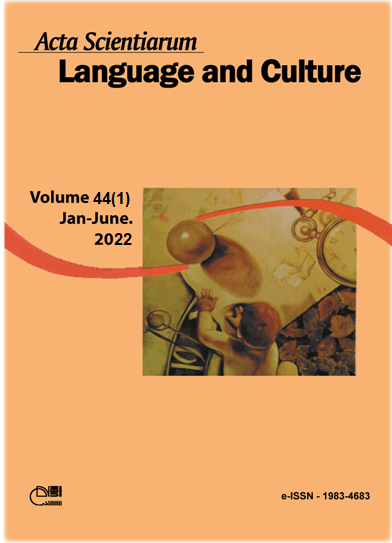O Gororoba e as primeiras cenas da vida proletária no Brasil
Résumé
Esse artigo pretende oferecer uma leitura do romance O Gororoba, da autoria de Lauro Palhano (1931), pseudônimo de Juvêncio Lopes da Silva Campos (1881-1947). O Gororoba, que se propõe mostrar cenas da vida proletária no Brasil, foi publicado pela primeira vez em 1931, e é ainda muito pouco conhecido tanto pelo público leitor quanto pela crítica literária. A presente leitura do livro se situa no contexto mais amplo de uma reflexão sobre literatura e política no Brasil dos anos 1930. De início, o artigo mostra a chegada ao país do romance proletário, então muito em voga no ocidente, mostra também a polêmica discussão que se seguiu sobre a sua manifestação na literatura brasileira, situando sobretudo as repercussões da publicação de O Gororoba. Em seguida, se dedica à leitura do romance, procurando mostrar algumas características que o aproximam e outras que o distanciam do gênero romance proletário. Ao mesmo tempo, o artigo defende que O Gororoba, independentemente de ser ou não um romance proletário, ao ser publicado em 1931, com certeza exibiu, para o público leitor e para a crítica literária, impactantes e desconhecidas cenas da vida proletária no Brasil, cenas que, muito provavelmente, apareciam então pela primeira vez nas páginas da literatura brasileira
Téléchargements
DECLARAÇÃO DE ORIGINALIDADE E DIREITOS AUTORAIS
Declaro que o presente artigo é original, não tendo sido submetido à publicação em qualquer outro periódico nacional ou internacional, quer seja em parte ou em sua totalidade.
Os direitos autorais pertencem exclusivamente aos autores. Os direitos de licenciamento utilizados pelo periódico é a licença Creative Commons Attribution 4.0 (CC BY 4.0): são permitidos o acompartilhamento (cópia e distribuição do material em qualqer meio ou formato) e adaptação (remix, transformação e criação de material a partir do conteúdo assim licenciado para quaisquer fins, inclusive comerciais.
Recomenda-se a leitura desse link para maiores informações sobre o tema: fornecimento de créditos e referências de forma correta, entre outros detalhes cruciais para uso adequado do material licenciado.




















6.png)









